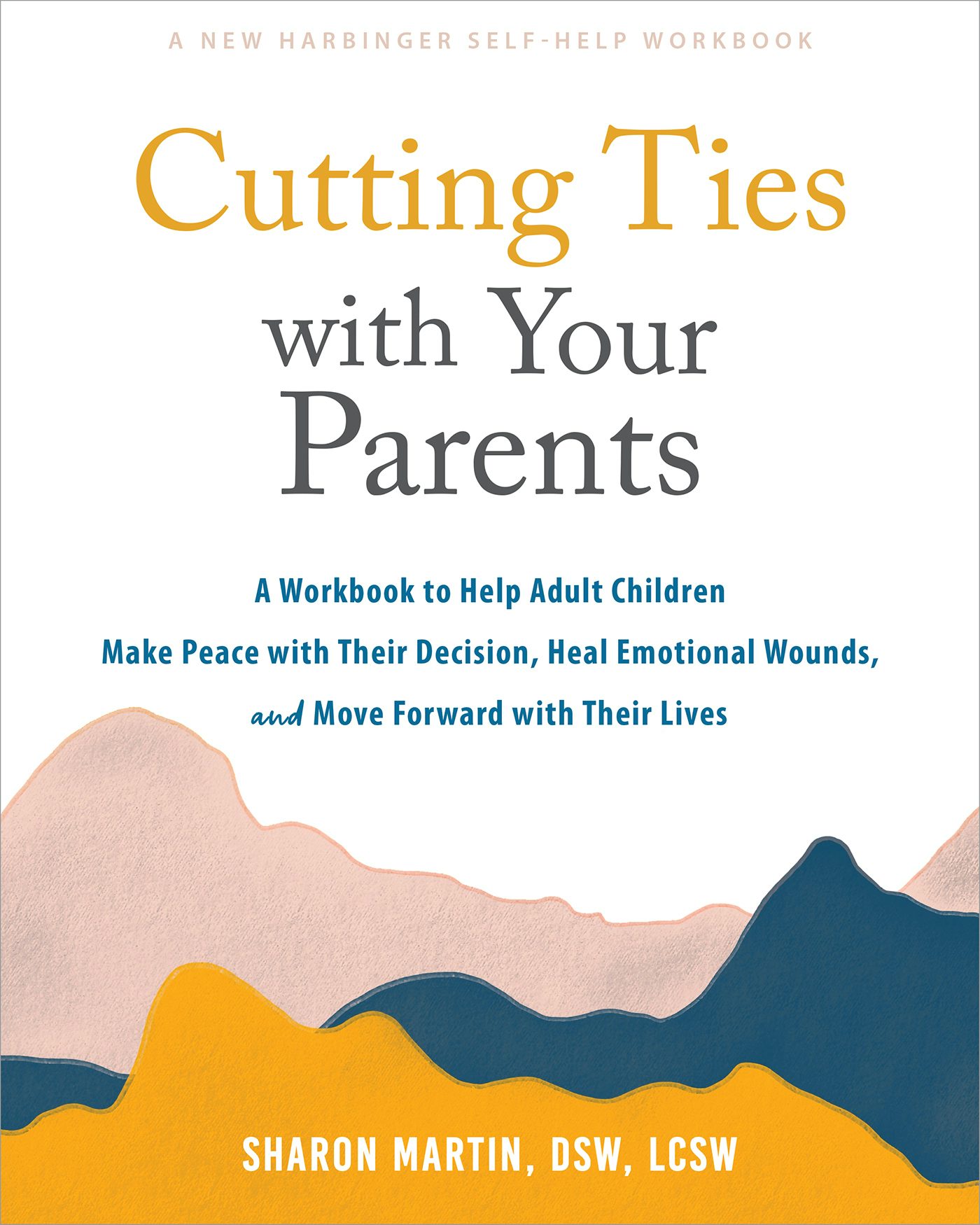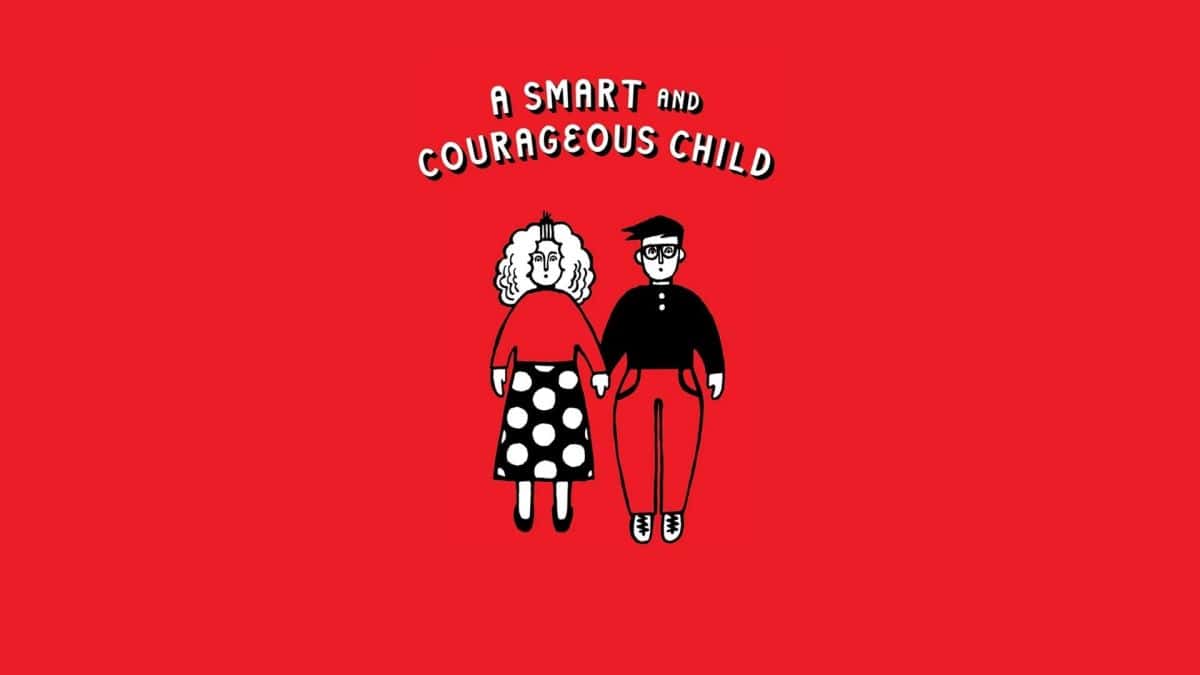Signs Of Emotional Abuse And Why We Ignore Them

By Sharon Martin, DSW, LCSW, author of Cutting Ties with Your Parents
Emotional abuse is often overlooked or minimized. Despite its devastating effects on self-esteem and mental health, many people don’t realize they are being emotionally abused. Learning to recognize the signs of emotional abuse is a critical first step toward reclaiming your mental and emotional well-being and building healthier relationships.
What Is Emotional Abuse?
Emotional abuse is a pattern of behavior where someone tries to control, manipulate, or belittle another person in a way that harms their emotional well-being. It often takes the form of constant criticism, humiliation, or manipulation.
Here’s an example: If your mother frequently calls you “stupid,” or tries to manipulate you by telling you that your feelings are irrational, this is emotional abuse. However, not every conflict or hurtful interaction is abusive. If, during a heated argument, your mother says something hurtful but apologizes and makes a genuine effort to repair the relationship and change her behavior, this is not emotional abuse. Emotional abuse is usually ongoing and intended to control or harm the victim.
Types of Emotional Abuse
Emotional abuse can take many forms. This is not an exhaustive list, but it can help you identify some of the most common forms of emotional abuse.
Name-calling: Calling you names that are insulting, demeaning, shaming, or embarrassing.
Teasing: Jokes intended to humiliate you, or persistently teasing or pulling pranks after you’ve asked them to stop.
Manipulation: Using deception or underhanded tactics to influence your behavior for their own gain, such as lying, guilt trips, threats of self-harm, or gaslighting.
Blame-shifting: Rather than taking responsibility for their own behavior, the abuser turns things around to blame you and act like they are the victim.
Threats and intimidation: Making implied or overt threats to hurt, humiliate, or abandon you.
Jealousy and possessiveness: Making unjustified accusations of infidelity or being overly suspicious as a way to control, blame, or demean you.
Public humiliation: Name-calling, mocking, or embarrassing you in front of others.
Gaslighting: The abuser denies or distorts events to make you feel confused or question whether they’re abusive.
Invalidating or trivializing your feelings: Dismissing or ignoring your feelings, needs, or opinions, so you think they’re wrong or unimportant.
Passive-aggressive behavior: Expressing anger indirectly, such as giving you the silent treatment or withholding affection, rather than communicating and resolving problems directly.
Controlling behavior: Trying to control different areas of your life, including decision-making and finances, or dictating how you should behave, dress, or feel.
Why We Ignore Signs of Emotional Abuse
Emotional abuse can be hard to spot because it’s often subtle and doesn’t leave any visible signs. Unlike physical abuse, which is more obvious, emotional abuse can be disguised as concern, love, or even joking around. It tends to start small—maybe with little comments or controlling behaviors that seem harmless at first—so it’s easy to brush off or make excuses for it. In addition, abusers are expert manipulators—twisting the truth and shifting the blame, leaving you wondering if what’s happening is really abuse.
Emotional abuse is also hard to spot because most abusive relationships aren’t terrible all of the time. There may be times when you’re happy, things are peaceful, and you feel hopeful. The other person may promise to change or even do so for a while, which is confusing and makes it hard to see the escalation and repetition of abusive behaviors.
Growing up in a dysfunctional or abusive family can also make it harder to recognize emotional abuse in adult relationships. If you were raised in a family where emotional neglect or mistreatment was common, it becomes normalized, and you may not recognize it as abuse. Children learn to accept, excuse, and even expect harmful behavior, believing that their needs and feelings don’t matter, and they aren’t worthy of respect.
Cultural and societal norms can also be used to justify abuse. For example, you may have been taught that it’s acceptable, or even loving, for partners or parents to be controlling, critical, or jealous.
Finally, fear, shame, and denial can interfere with our ability to recognize emotional abuse. Fears of being alone or of things getting worse often stop us from admitting something’s wrong. Shame can make us feel like we’re not good enough or that we deserve mistreatment. And denial can act like a shield, allowing us to avoid the truth.
The Importance of Recognizing Emotional Abuse
Recognizing the signs of emotional abuse is crucial because it helps you understand when something isn’t right in a relationship. Emotional abuse can be subtle and manipulative, making it easy to dismiss or minimize. It often leaves you feeling confused, isolated, or questioning your worth. Acknowledging the abuse is the first step toward realizing you deserve better, seeking support, and beginning to heal.
Sharon Martin, DSW, LCSW, is a licensed psychotherapist specializing in helping adult children recover from difficult childhoods. She writes extensively about codependency, perfectionism, and healthy relationships, including the popular blog: Conquering Codependency for Psychology Today. In addition, she is author of The CBT Workbook for Perfectionism and The Better Boundaries Workbook.
The post Signs of Emotional Abuse and Why We Ignore Them appeared first on New Harbinger Publications, Inc.


